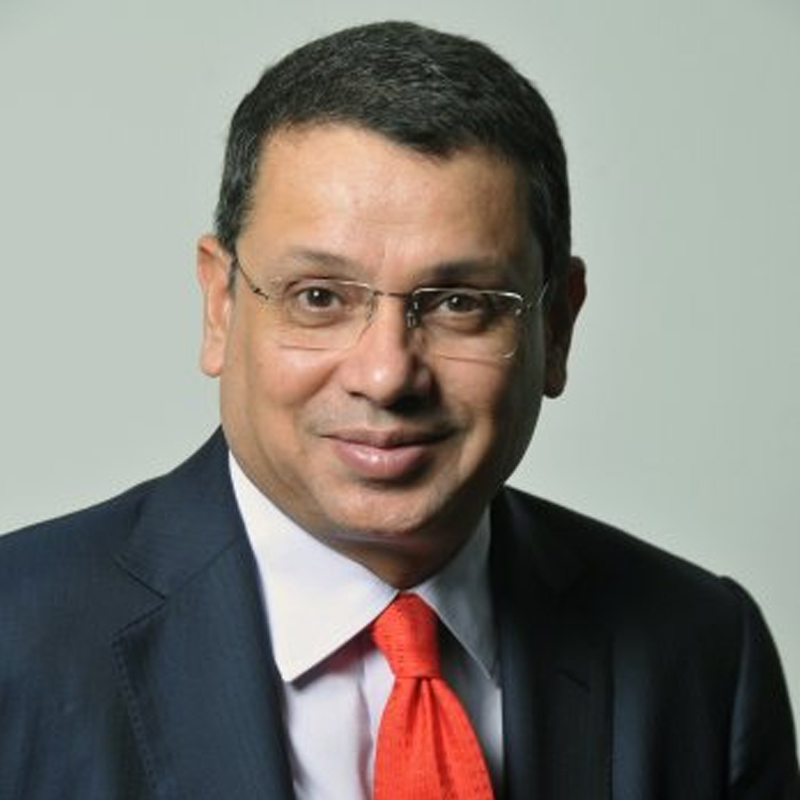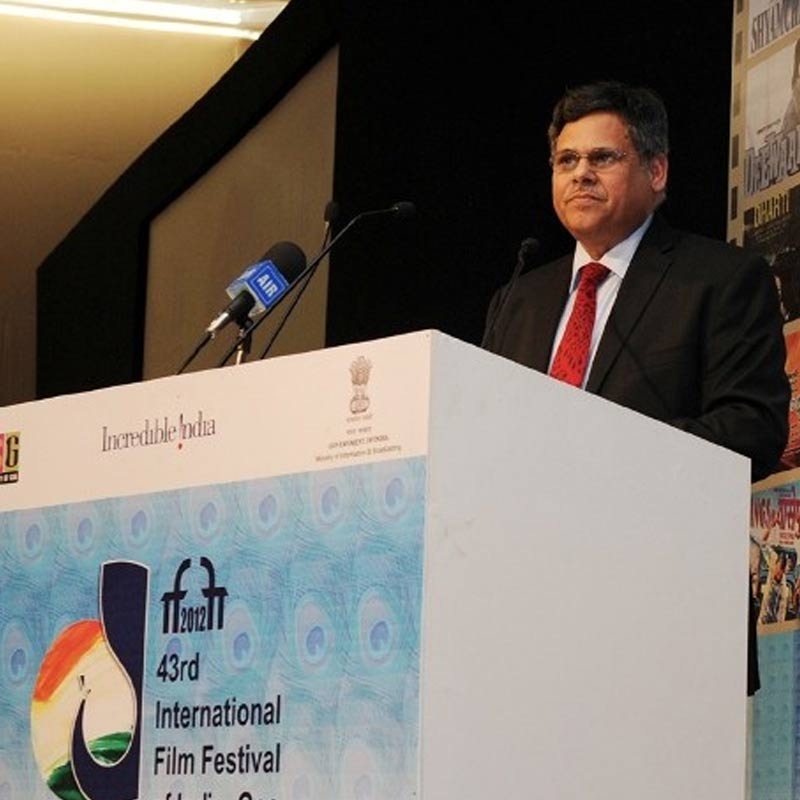Indian media industry gives thumbs up to GST despite minor concerns
MUMBAI: Former Finance Minister of India P.
MUMBAI: In view of the 31 October 2012 deadline for implementation of the first phase of digitisation in four metros, the Indian Broadcasting Foundation (IBF) has decided to reschedule the dates for the inaugural Indian TV Fest. ITF?12 was earlier scheduled to be held in Goa from 2-3 November, 2012.
Digitisation of cable TV is the next step forward for the Indian TV industry. Measures have been taken so that no further delays happen in the implementation with the Ministry of Information and Broadcasting and the broadcast industry taking keen interest in the same. IBF, an association of broadcasters, has decided to channelize all its focus and all its might towards ensuring a successful rollout of digitization in Mumbai, Delhi, Chennai and Kolkata.
Announcing the rescheduling, IBF persident Uday Shankar said, "We at IBF are committed towards the successful implementation of digitisation. At this stage our priority is to ensure that we put in all the industry might behind digitization so that it is successfully completed by the sunset date of November 1, 2012. We understand the importance of this date for the television broadcasting industry; hence IBF has deferred ITF ?12 to a new date."
"I would also like to add that from the time we announced the Indian TV Fest?12, we have received encouraging support from industry peers, sponsors, media and from delegates who have registered with us. This overwhelming response is an indication to the enthusiasm and interest for the festival. The ITF?12 has been rescheduled to a later date and will be conducted as planned," he said.
IBF adds that it has received encouraging support from industry peers,sponsors, media and from delegates who had registered for the event.Rescheduled dates for the festival will be announced shortly.
While the industry is bracing itself to usher in an all new era, many members of the broadcasting industry, its allied industry and the Ministry of Information and Broadcasting (MIB) are likely to be busy with last minute execution and operational details. Indian Broadcasting Foundation received many requests to reschedule the dates of the festival. Being a representative body of the industry, IBF has decided to take the decision that is going to be appreciated by all beneficiaries.

NEW DELHI: Ministry of Information and Broadcasting Secretary Uday Kumar Varma said today that the Government‘s roadmap for digitisation will be met with Parliament clearing the Cable Networks Bill.
He also lauded the steps taken by the news and general entertainment channels towards content regulation.
Varma was addressing the second annual symposium on ‘Media and New Technology - New Technologies, New Challenges: Indian Media Issues in Global Perspective‘ which concluded today.
The meet was hosted by Star India and was in continuation with last year‘s tradition, exploring international and comparative perspectives on media regulation as it affects current debates and the future role of information in society.
The other panel discussions involving media experts from both from India and abroad shed lot of light on the evolution of media in India and the need for a broader approach rather than a narrow-heavy handed approach. The speakers included Wikileaks Former Legal Advisor Mark Stephens; Al Jazeera Head of Legal Affairs Osama Abu-Dehays; NYU Professor of Media, Culture and Communication, Arvind Rajagopal; Aspen Institute Communications & Society Fellow Blair Levin; The Hindu editor Siddharth Varadarajan; Alternative Law Forum- Bangalore Siddharth Narrain; The Times of India Senior Editor Manoj Mitta; TheHoot.com founder Sevanti Ninan; and Center for Global Communication Studies, University of Pennsylvania director Monroe Price.
The meet, an initiative of Oxford University‘s Programme in Comparative Media Law and Policy, in cooperation with its academic partners - the National Law University-Delhi, the National University of Juridical Sciences-Kolkata, and the Annenberg School for Communication at the University of Pennsylvania, brought together the diverse views of academics, bureaucrats, policymakers, industry leaders, civil society and legal experts to discuss such issues as law and responsibilities of self-regulation of media entities, regulation of the Internet, and emerging technologies in the context of freedom of information, privacy, and freedom of expression.
Star India EVP and General Counsel - Legal and Regulatory Affairs Deepak Jacob said: "The PCMLP will now prepare a report which will be circulated to all the stakeholders in the Indian media sector."
This Symposium follows the 2011 Price Media Law Moot Court Competition - South Asia Rounds that took place on December 15-18 at the National Law University - Delhi.
The Programme in Comparative Media Law & Policy (PCMLP) at the University of Oxford‘s Centre for Socio-Legal Studies is a research and policy programme that brings together scholars, policymakers and practitioners to study contemporary issues in global media law and policy. PCMLP has a particular interest in understanding media and governance in various environments through a comparative perspective emphasizing the importance of the culture and values of all the actors, both local and international.
PCMLP was founded in 1996 by Professor Monroe E Price and Stefaan Verhulst with a grant from the Markle Foundation and the cooperation of the Howard M Squadron Programme in Law, Media, and Society at the Benjamin N. Cardozo School of Law in New York.

 switch
switch
 switch
switch